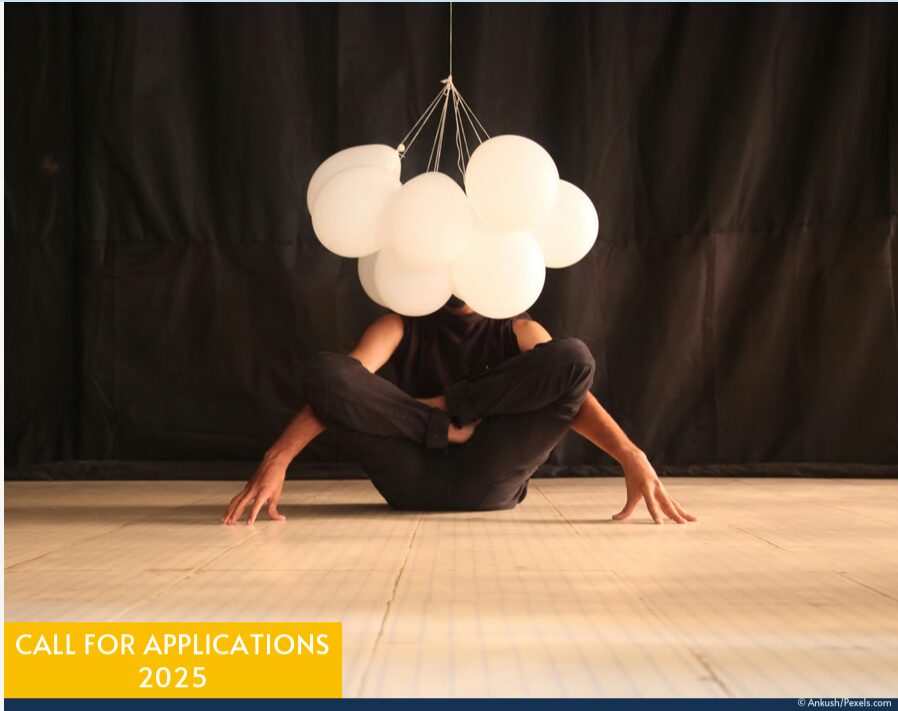UNESCO International Fund for Cultural Diversity.

- This event has passed.
UNESCO International Fund for Cultural Diversity.
March 19 @ 8:00 am - May 21 @ 5:00 pm

The International Fund for Cultural Diversity (IFCD) is a key instrument of international cooperation and assistance for the UNESCO Convention on the Protection and Promotion of the Diversity of Cultural Expressions (2005). Its purpose is to foster the emergence of dynamic cultural sectors in developing countries that are Parties to the 2005 Convention, through strengthening the means to create, produce, distribute and have access to diverse cultural goods and services. As a multi-donor fund, the IFCD promotes South-South and North-South cooperation, while contributing to the achievement of the UN Sustainable Development Goals, including gender equality and poverty reduction.
Who Can Apply:
- Public authorities and institutions from eligible countries
- Non-governmental organizations (NGOs) from eligible countries
- International NGOs registered in countries that are Parties to the Convention (projects must benefit multiple eligible countries)
Eligible Project Types:
1. Projects submitted by public authorities and institutions that:
• Develop tools that contribute to decision-making and planning (mappings, sustainable statistical collection and processing systems, sectoral strategies, etc.)
• Create and/or strengthen public cultural agencies and institutions essential to the development of cultural industries, including developing the expertise of civil servants
• Establish and/or strengthen financing and market development mechanisms for cultural goods and services • Implement international cooperation agreements and treaties aimed at a more balanced exchange of cultural goods and services
• Create and/or strengthen the pedagogical and organizational capacities of educational, vocational and technical training institutes in the cultural and creative sectors
• Promote the development of cultural industries in the digital environment, in accordance with the roadmap for the Implementation of Guidelines to Promote the Diversity of Cultural Expressions in the Digital Environment
• Strengthen participation in cultural life, in particular measures to promote engagement of vulnerable groups (including persons belonging to minorities and indigenous peoples) in the creation, production, distribution and access to diverse cultural expressions
• Create and implement measures or policies to promote gender equality in the cultural and creative sectors
2. Projects submitted by non-governmental organizations (NGOs) that:
• Strengthen capacities of civil society focusing on policy participation, communication and/or networking
• Contribute to inform policy making, including monitoring and evaluation activities to determine the impact of cultural policies and measures to promote cultural industries
• Strengthen the pedagogical and organizational capacities of educational, vocational and technical training institutes in the cultural and creative sectors
• Create new financing opportunities and promote access to national and international markets for cultural goods and services
• Promote the development of cultural industries in the digital environment, in accordance with the roadmap for the Implementation of Guidelines to Promote the Diversity of Cultural Expressions in the Digital Environment
• Strengthen participation in cultural life, including measures to promote engagement of vulnerable groups (including persons belonging to minorities and indigenous peoples) in the creation, production, distribution and access to diverse cultural expressions
• Create and implement measures to promote gender equality in the cultural and creative sectors
Sectors Of Intervention:
Audio-visual/cinema, Design, Media arts, Music, Performing arts, Publishing, Visual arts
Selection Process:
- National Commissions pre-select applications (max 4 per country)
- UNESCO Secretariat performs technical assessment
- International Panel of Experts evaluates applications
- Final decisions made by Intergovernmental Committee (February 2026)
- Selected projects notified and contracts established
What Projects are Not Eligible:
- Projects exclusively aiming at the production of cultural and artistic works and events
- Projects related to safeguarding intangible cultural heritage (please refer to the Fund for the Safeguarding of the Intangible Cultural Heritage)
- Projects related to tangible cultural heritage including World Heritage sites (please refer to the World Heritage Fund)
- Projects aimed at offsetting a deficit, repaying a debt or paying interest
- Projects exclusively financing permanent working spaces and/or equipment
- Projects that are conceived as scholarships or grants for personal needs
- Projects financing the physical construction or the restoration of buildings
- Projects that focus on primary and secondary school environments
- Projects sustaining ongoing activities with recurring costs
- Projects that focus on cultural tourism